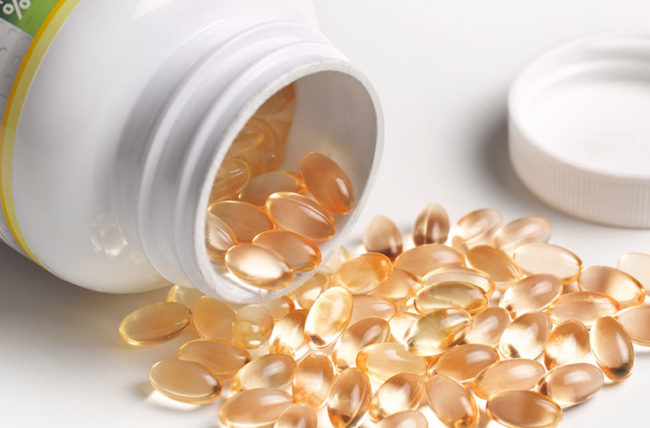Is taking a supplement a good idea? There are several types of supplements available. Vitamin C is one of the most common, while Elderberry extract and Zinc are also popular choices. Folate is another option. Read on for more information on the pros and cons of each. Also, keep in mind that it is not wise to take more than one supplement per day. If you’re wondering whether or not an immune support supplements can really boost your immune system, read on to find out.
Vitamin C
Although a healthy diet and a regular exercise routine can improve your immunity, certain food and supplement combinations can help your body fight off infections and other health conditions. Although most experts recommend a healthy diet and exercise regimen to keep the immune system healthy, you may also want to consider taking a vitamin C immune support supplement. Choosing a vitamin C immune support supplement should be discussed with your doctor before beginning a new diet or supplement regimen.

Many vitamins and minerals can support the immune system. Vitamin C, for example, is a powerful antioxidant that may help your body fight off viruses. It also reduces the risk of respiratory infections. Many immune support supplements also contain zinc, which is important for immune cell development and communication. Additionally, zinc supports tissue barriers and prevents foreign pathogens from entering your body. Boosting your immune system with vitamins and minerals can boost your health in many ways.
Zinc
Many people have heard that vitamin C helps to speed up recovery and improve the immune system. However, there is much more to immune support than just the benefits of vitamin C. In this article, we’ll look at the benefits of some of the most popular immune support supplements. Whether or not they’re right for you depends on your individual needs. While vitamin C doesn’t prevent colds, it does shorten their duration. As an antioxidant, it also reduces the inflammation that causes cold symptoms and swollen sinuses.
Zinc plays a crucial role in the immune system, boosting the body’s ability to fight off infections. It helps normal cell growth and development, and is needed for the production of antibodies and natural T cells, the body’s defenses against infections. In addition to supporting the immune system, zinc is also an antioxidant that helps decrease inflammation within the cell membranes. It can boost your immune system and slow the aging process.
Elderberry extract
Elderberry is known as a “miracle worker” when it comes to immune health. Its many health benefits range from helping you to fight off colds to reducing inflammation. This superfood helps support the immune system and shortens the duration of respiratory illnesses. For more information, check out their websites.
Despite its powerful properties, there are a few things you should know about elderberry before you start using it to treat your ailment. This natural ingredient has a low calorie content and is packed with vitamins, minerals, and phytonutrients. Just one cup of fresh elderberries contains about 106 calories. Plus, it is low in carbohydrates and fat. Elderberries also have plenty of nutrients that boost the immune system. One cup of elderberry contains 57 percent of your recommended daily allowance of vitamin C. This is a powerful antioxidant, so it helps your body fight free radicals and strengthens the immune system.
Folate
While we’re all equipped with the natural defenses of our immune system, there are some things we can do to support it. There are vitamins and minerals that help to support the immune system, and the human body is no exception. Folate, which is also known as vitamin A, can boost the immune system and help the body fight off infection. The human body’s own vitamin C, a fat soluble nutrient, can also boost the immune system.
The two forms of folic acid and foliate have different effects on the body. Folate is a naturally occurring form of vitamin B9, while folic acid is synthetic and is added to flour, ready-to-eat breakfast cereals, and breads. Many countries require fortification of grain products to avoid neural tube defects in infants. Some people do benefit from folic acid supplements.
Garlic
Taking a supplement containing garlic may increase your immune system’s ability to fight off colds and flu. It contains compounds that help your body fight off germs, stimulate cells responsible for fighting disease, and reduce stress hormones. Garlic is also high in vitamin B-6, which aids in the production of new red blood cells and the health of your lymphatic system. It is available naturally in foods like chicken, turkey, cold-water fish, and chickpeas. You can also get it from fortified breakfast cereals and nutritional yeast.
Research shows that garlic helps boost the part of the immune system that fights cancer. It has also been linked to reduced cancer rates in people who consume garlic regularly. One study found that those who consume garlic regularly had 30 to 35% fewer cases of colorectal cancer than those who did not. The researchers concluded that garlic can help boost the immune system by boosting the production of certain antibodies. But what about its taste? Is garlic really as good as it sounds?

Leave a Reply